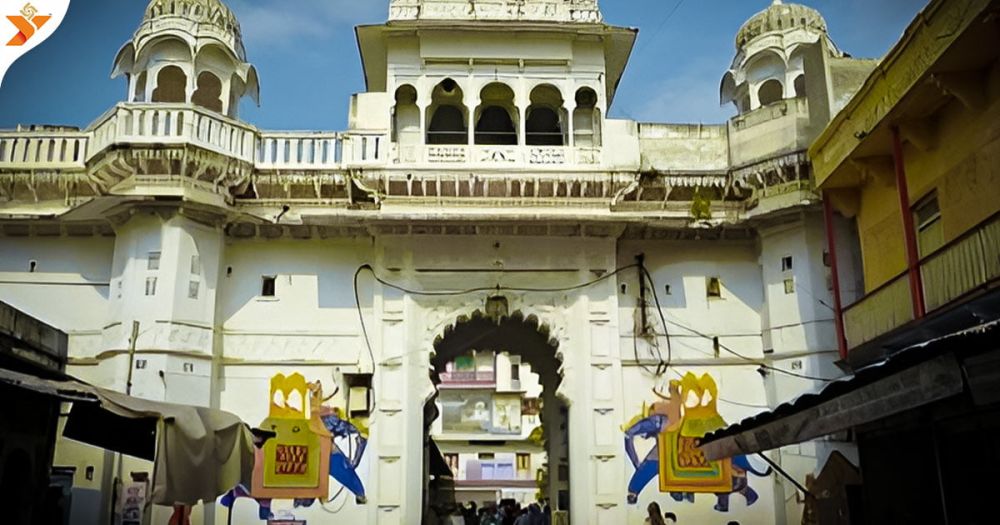

Nestled in the serene Aravalli Hills of Rajasthan, India, the Shrinathji Temple of Nathdwara is not just a revered site of pilgrimage but also a testament to the rich tapestry of Indian religious culture. This temple is dedicated to Shrinathji, a manifestation of the Hindu god Krishna, representing his seven-year-old infant incarnation. It is considered one of the most important pilgrimage sites for followers of the Pushtimarg sect and Vaishnavism.
The temple dates back to the 17th century when the idol of Shrinathji was moved from Vrindavan to protect it from the destructive wrath of Aurangzeb, the Mughal Emperor known for his iconoclastic policies. The temple found its home in Nathdwara, which means 'Gateway to the Lord', in 1672. The selection of Nathdwara was believed to be divine ordination, as the chariot carrying the idol came to a halt at this exact spot, and the deity was enshrined there.
Since then, it has been a magnet for pilgrims and tourists alike, drawing people from across the world. The history of tourism in Nathdwara is deeply tied to the temple, with visitors primarily coming to seek the blessings of Shrinathji. Over the years, tourism has flourished due to the temple's importance, with the town offering various religious festivities and rituals that have attracted a steady flow of visitors.
More recently, tourism in Nathdwara has been characterized by a mix of spirituality, art, and culture. Besides visiting the temple, tourists are now engaging with the town's other offerings:
Responsible tourism is also emerging as a key trend in Nathdwara. The temple administration and local hospitality services are increasingly focusing on ecological sustainability and offering experiences that promote awareness and preservation of the region's natural and cultural environment.
Nathdwara's tourism industry has embraced digitalization as well. The temple offers online 'darshan' for devotees unable to visit physically, and there are several online platforms that facilitate easy travel arrangements, accommodations, and guided tours focusing on the temple's history and spiritual significance.
The convergence of faith, art, and eco-friendly travel has positioned Nathdwara as a unique tourist destination that offers a peaceful retreat for the body, mind, and soul amidst the fast-paced modern world.